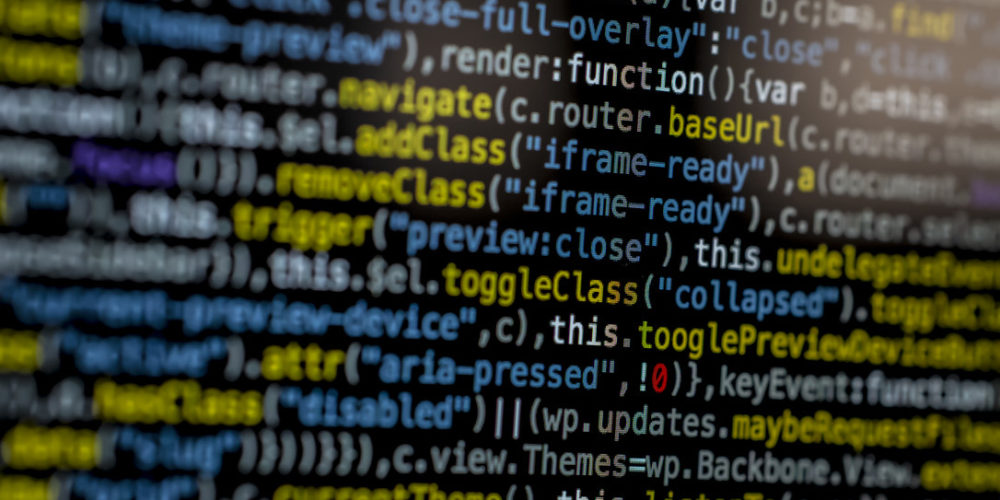Software is indeed eating the world. Will it eat yours?

Marc Andreessen made this visionary statement nearly a decade ago: “Software is eating the world.”
Most people above a certain age, or wedded to certain traditions, did not really pay attention. I deal in solid, tangible stuff, they said. Machinery. Food. Classrooms. Newspapers. Surgeries. Software can’t do that, they said. Hoax. Fake news.
2020 has probably dispelled any lingering doubts. Consider, for example, the number of industries suddenly displaced by Zoom and other video-conferencing platforms. Businessfolk are using Zoom instead of travelling, holding virtual meetings with colleagues and customers in far-flung corners of the world. So Zoom eats airlines and hotels.
Schools are using Zoom and Google Meet and other platforms to deliver online learning. So Zoom eats the classroom. Corporations are using Zoom and Teams (and Slack and Basecamp) to work remotely – so Zoom eats the office.
Also this year, Netflix has accelerated its takeover of entertainment. As I write this, the company has a higher market capitalisation than Exxon – the oil giant that once straddled the world. By keeping millions occupied at home, Netflix eats the entertainment and travel industries.
Those are just the immediate, most visible examples. Everywhere you look, software eats the world. The banking app eats the bank branch. MPesa eats notes and coins. The taxi app eats the transportation industry. Amazon eats retailers. Food delivery apps eat restaurants. Digital files eat stationery.
The 2020 pandemic has brought these trends into sharp focus. Healthcare, for example, was once resolutely resilient as software circled. But this year, many consulted their doctors via video call, of necessity. Regulators have been forced to admit telehealth is a viable thing in quite a few medical consultations. Artificial intelligence diagnostic software is waiting in the wings. If you’re a medical professional, will you be prepared?
What should a thinking person do in the face of all this eating?
Think in terms of what things are actually for. What job does a bricks-and-mortar office building do? It allows people to gather and work together. What does a Zoom meeting do? The same. If the Zoom alternative becomes easier, cheaper, more convenient – bricks, look out. If the bricks allow a more human interaction that is actually better – the software alternative can be held at bay.
If you make beer, software can’t (yet) displace the physical and emotional sensation of drinking it with friends. The drink is safe – but if the job of a bar is merely to sell beer, the software will have something to say about that.
If you’re a lawyer, you have even more to think about. If your job is just to brandish a certificate of competence pompously, your days are numbered. If, however, you will use software to your advantage, to improve the experience and utility given to your clients – then you will be engaged in a happy marriage with software, not become its victim.
The upstart companies who are starting software-centred companies are indeed trying to eat the world. For the rest, the choice is simple: use the new software products to best advantage; or get eaten by them.
So if you are a legacy analogue company trying to understand this challenge, sit down and think it through carefully. Which part of your business is software beginning to eat? Is it in the supply chain or the route to market? Is it in the way you work and deliver? Is it in branding and awareness? Is it in actually providing a cheaper, better product? Can you be the first to deploy this new technology, before your competitors do? Are there productive alliances and collaborations you should be exploring?
And: can we simultaneously enhance our physical/analogue product and experience to make it a viable, attractive alternative to the virtual competitor? You will never be cheaper or quicker than the software can be, but can you be more emphatically human?
Many have failed to ask these questions, or have brushed them away when they were asked of them. They litter the landscape of the eaten: media houses; old-world retailers; cinemas; camera-makers; taxi-drivers. Soon to be joined by many more.
The pandemic will indeed end. Bear in mind, though, that it gifted software an extra-large bite this year. And that half the world is now fully online, and growing.
When software comes knocking at your door, will you invite it in to have a good look at it and hold a mutually beneficial discussion? Or will you lock the doors and shutter the windows and put your hands over your ears?
(Sunday Nation, 26 July 2020)

Buy Sunny Bindra's new book
The X in CX
here »
Popular Posts
- The pause that saves usJune 8, 2025
- Where are you rushing to—your funeral?June 29, 2025
- How to spot a real thinkerJune 15, 2025
- Built the app, forgot the flowJune 22, 2025
- The first push is the hardestJune 1, 2025















